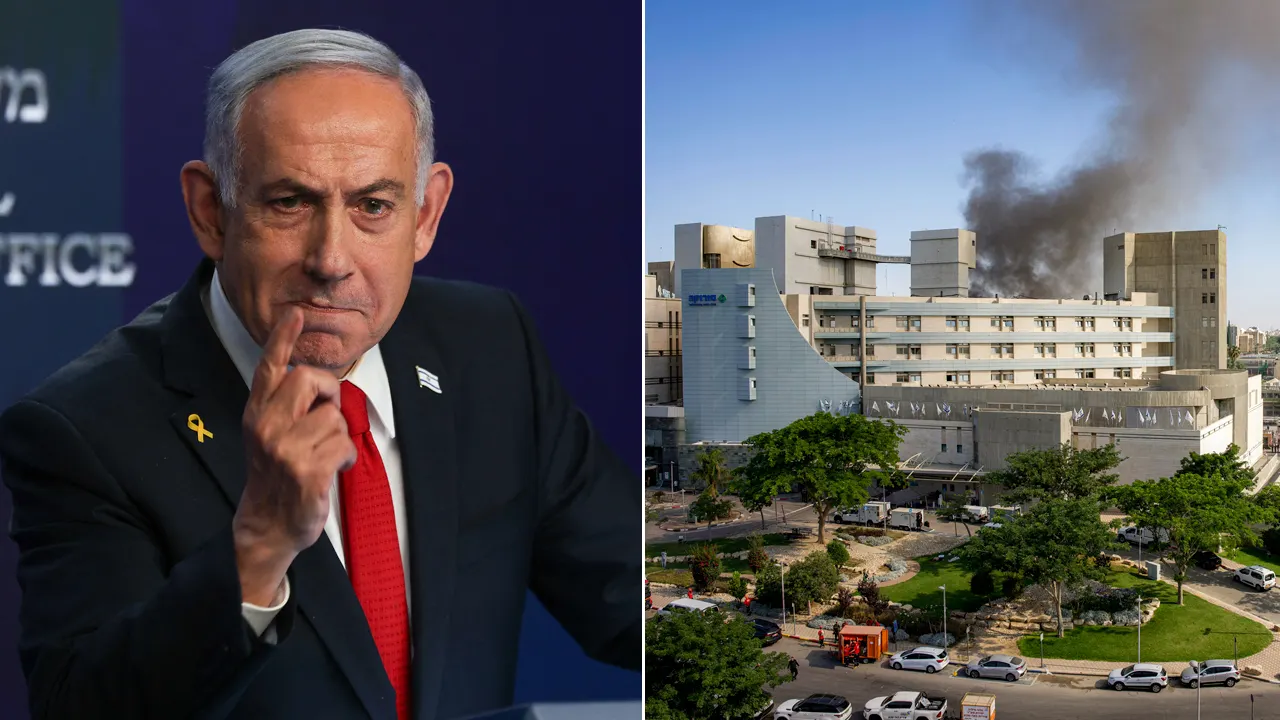Not only is the Israeli attack in Iran was broadly and more intense than their two previous military operations last year, but it seems that it also adopted a strategy used in the Israeli offensive against Hezbollah in Lebanon last November.
It not only hit Iranian rocket bases – and thus its ability to respond to power – but also to start strikes to draw key members of Iran Iran.
This strategy of the decapitation of High Defects Hezbollah had the destructive consequences for the group and its ability to mount sustainable insulting.
The shots from Tehran showed that the hit of the specific buildings, similar to the pictures from Israel’s attacks on the southern suburbs of Beirut, which culminated the killing of Hezbollah’s leader, Hassan Nasrallah.
It seems not killed in Iran. The Supreme Leader Ali Khamenei was not targeted.
But kill the Iranian military chief of staff, Hossein Salami, Commander of the Powerful Revolutionary GuardsAnd several nuclear scientists in the first hours of work caused the unseen degree of damage to the Iranian elite. And Israeli Prime Minister Benjamin Netanyah suggested that it can continue for days
It seems necessary that the Fierer response from Iran should need, as we saw in Israel last year in its two attacks.
But it can also do Tehranic ability to call such an answer that much harder. This is probably calculating that Netaniah has made in the order of this escalation in the conflict.
Why did he decide to continue the attack now – the one who advocated for so long – could be because he gave.
In a statement published in a short time after the operation began, said that this issue of Israel is survival.
But Netaniahu has made an argument for many years that Israel is facing an existential threat if Iran receives a nuclear bomb. To underline the renewed urgency, the Senior Israeli Military Official said that there was information that Iran had enough material to within 15 nuclear bombs in a few days.
But maybe he was a very different factor in the game.
Talks between the US and Iran on the Teharan Nuclear Program Agreement should have entered Sunday in the sixth round. There were conflicting signals about how much progress has been made in it.
For Netaniahu, maybe it seems that it is a crucial moment to ensure that what he sees as an unacceptable agreement to stop in his numbers.
Military, he and his advisors may have felt not only Iran, but her proxy in the region – Hezbollah, especially weakened in it on the way that it was a threat when it was now more powerful.
Coming hours and days will show whether it proves that this is true or dangerous wrong.





